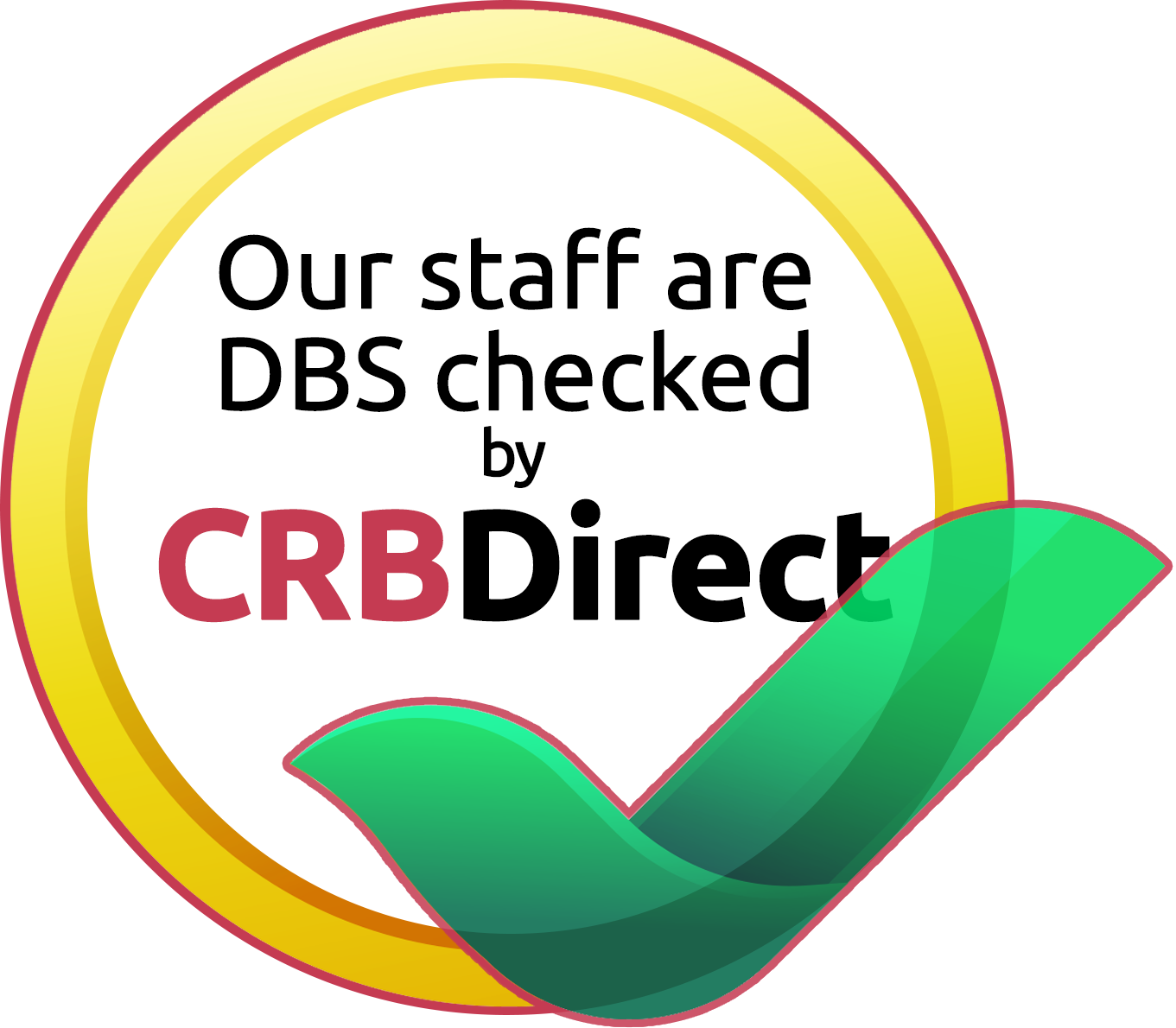
Everyone’s got things in their past they’d rather forget about. Usually, things which we do as teenagers or young adults don’t follow us around for the rest of our life. If your behaviour crosses the line into criminal however, you might still have to disclose your criminal record years later. It’s something which puts a lot of people off applying for jobs. Don’t automatically rule yourself out from jobs which need you apply for a DBS check. First you need to understand what will be disclosed. Then work out how to broach the subject with your employer.
Criminal Record and Enhanced Disclosure Checks
There is a long list of occupations which require a disclosure check before you can start work. Most of these are positions of responsibility, or jobs which involve looking after children or vulnerable adults. Most of these types of jobs need an enhanced disclosure check. Enhanced DBS checks will show all of your criminal record, however long ago the crimes were committed. In some cases the police might leave off convictions or cautions in a process known as filtering. This process recognises that it’s unfair to make people drag convictions and cautions around with them forever. Unfortunately, it’s almost impossible to say exactly what will be disclosed as the DBS makes the decision on a case by case basis. It’s usually best to be open and honest with your employer. More people than you’d think have a criminal record, and you won’t be the first to disclose one. The key point is to show evidence of recent good character. Most employers will happily ignore a very old conviction or caution if you can show lots of recent proof that you’ve been working honestly.
Basic Disclosure
If your employer asks for a basic disclosure or a basic DBS check, then the rules are different. All that a basic level of check will show is your current, unspent criminal record. Unspent refers to the Rehabilitation of Offenders Act. This law allows convictions to be “forgotten” after a set period of time. The conviction won’t ever disappear from police records, but you don’t need to disclose it any more. There’s not a set period of time after which a conviction expires. It all depends on the type of offence, and how old you were when you were convicted or cautioned. Look at the detailed guidance online if you need to work out whether old convictions are spent or not.
Employers aren’t allowed to ask you about convictions which are spent and forgotten. It’s illegal for them to ask. The only exception is when you are applying for the sorts of roles which need DBS checks. If you have unspent convictions, it’s even more important to be able to show that you’ve turned over a new leaf. It’s always better to have a face to face discussion with your prospective employer. Be open and honest. It’s better that they hear it from you than it coming as a nasty surprise when your disclosure certificate arrives.

